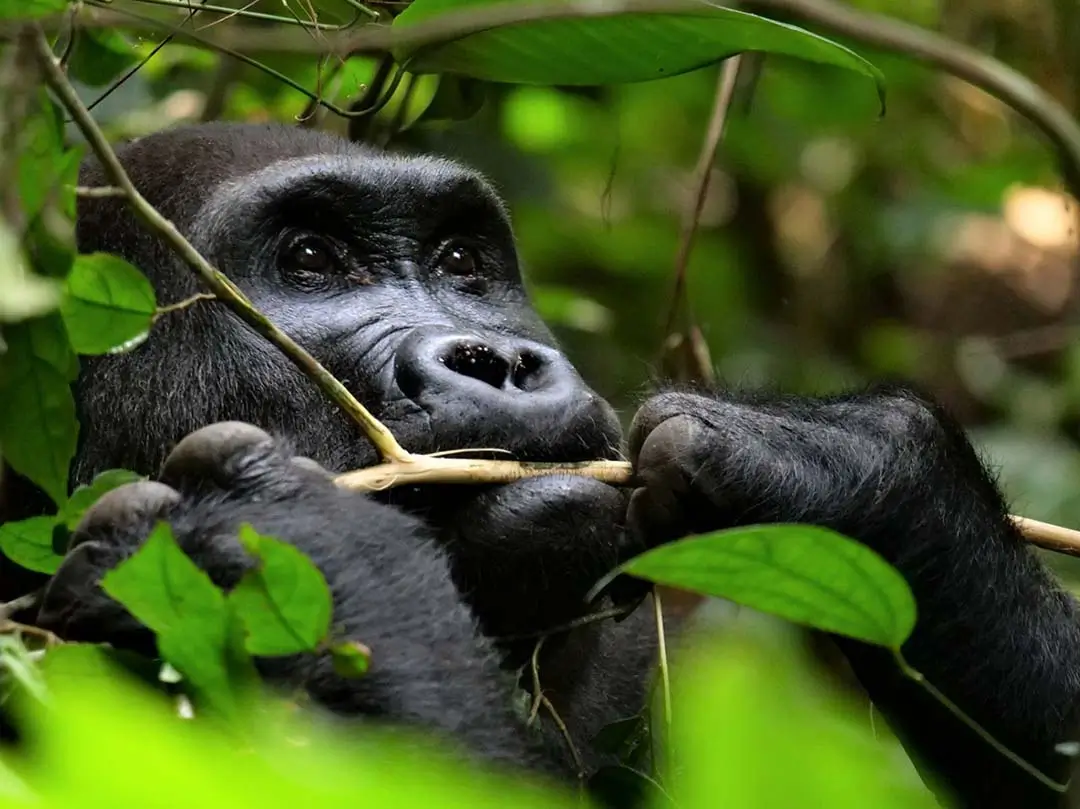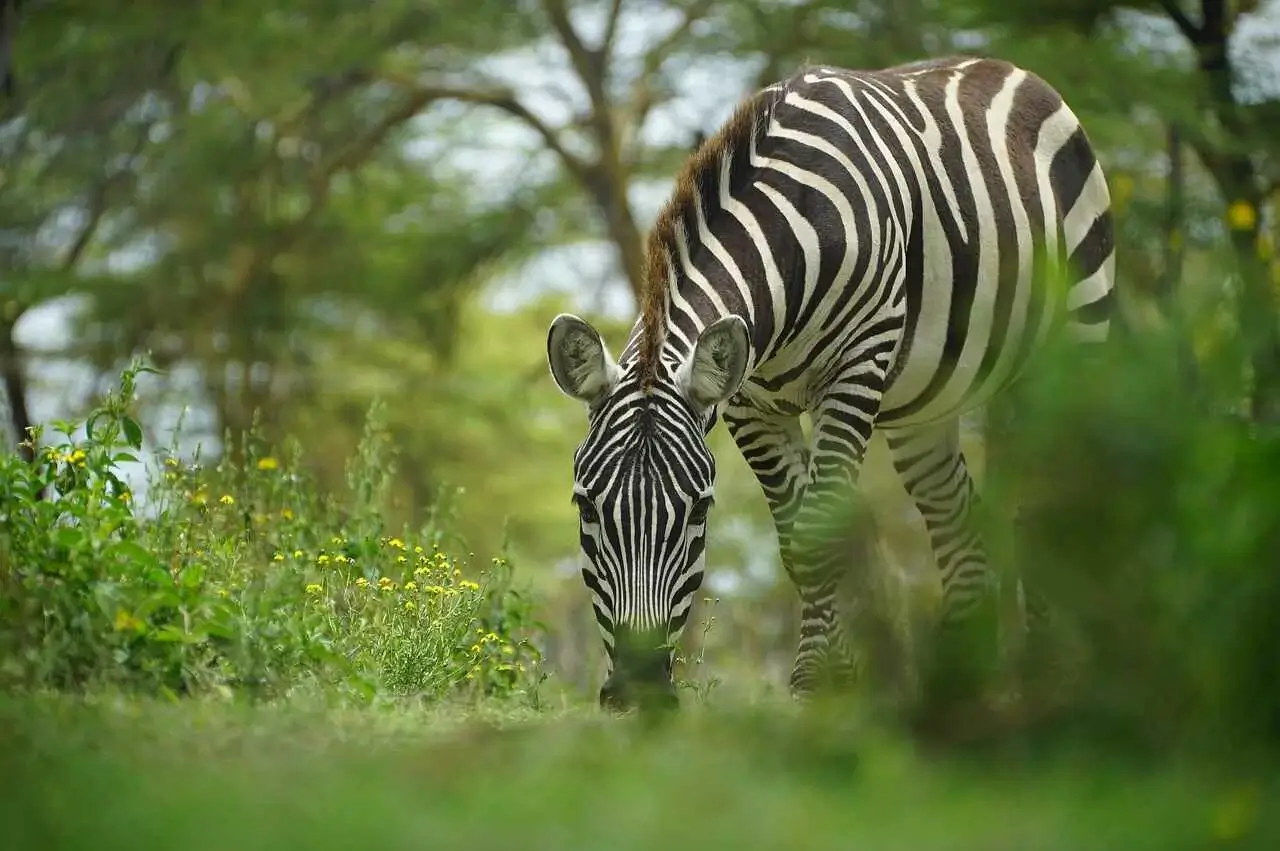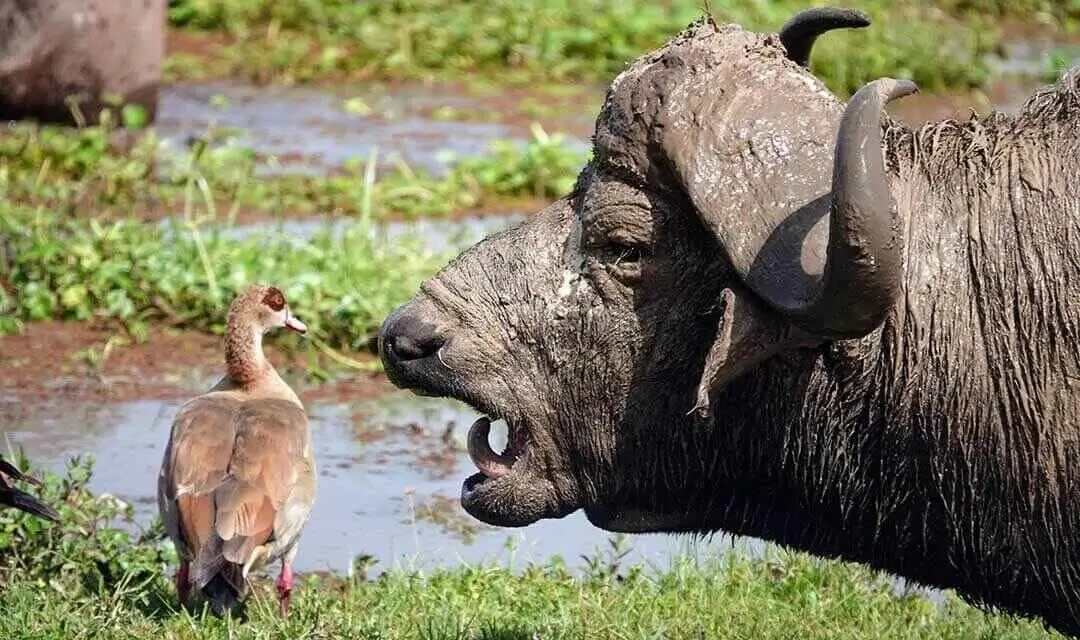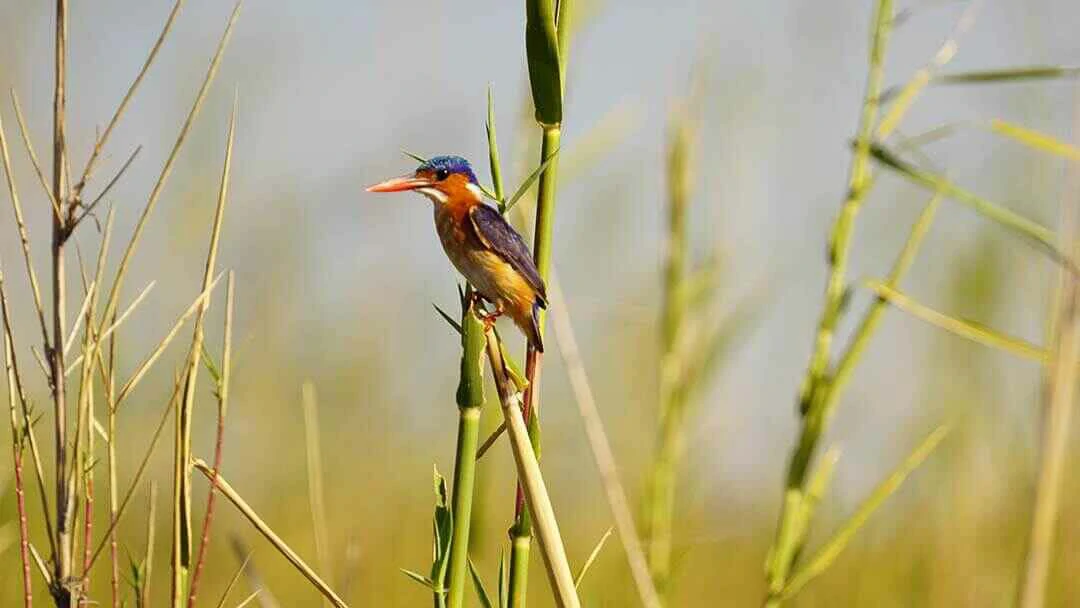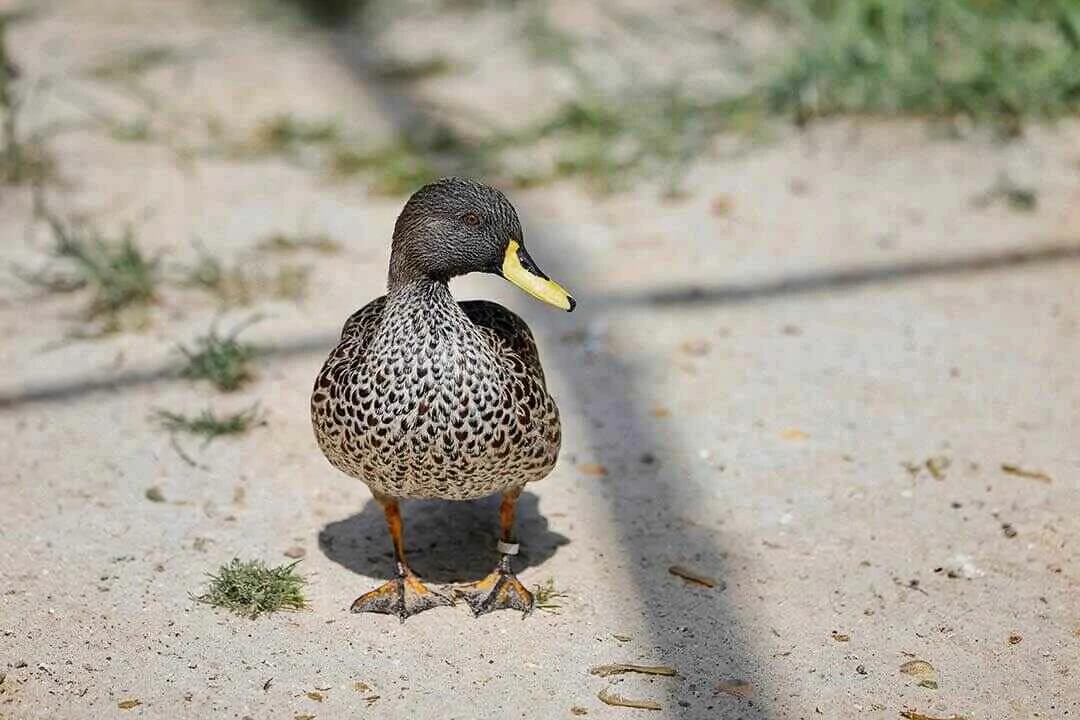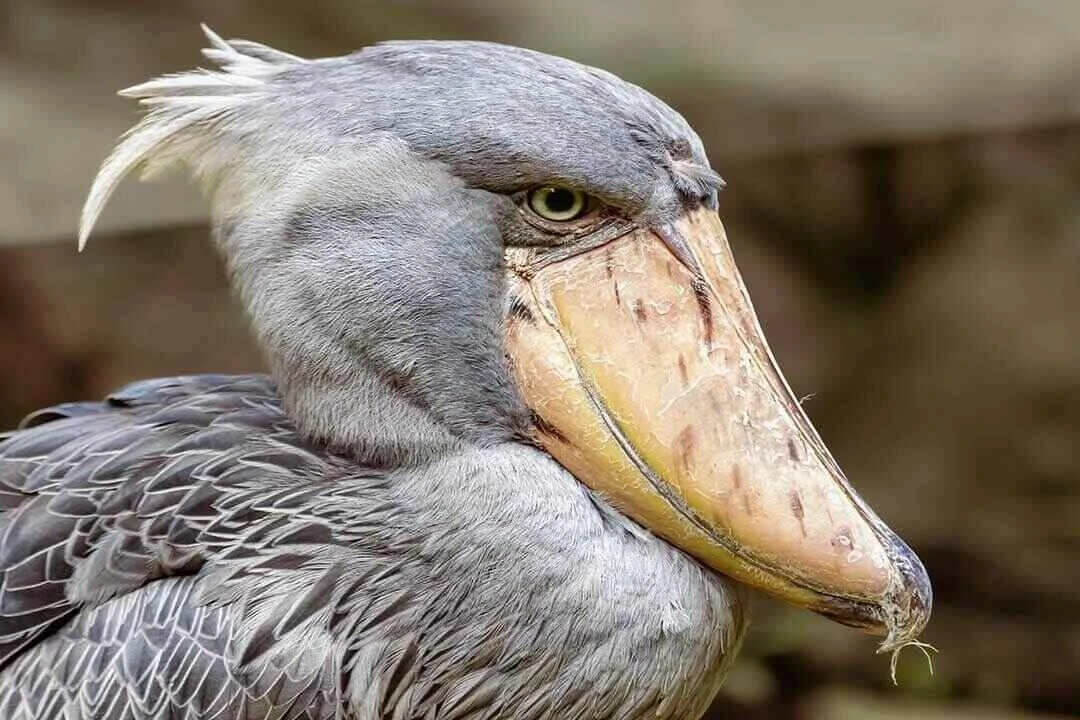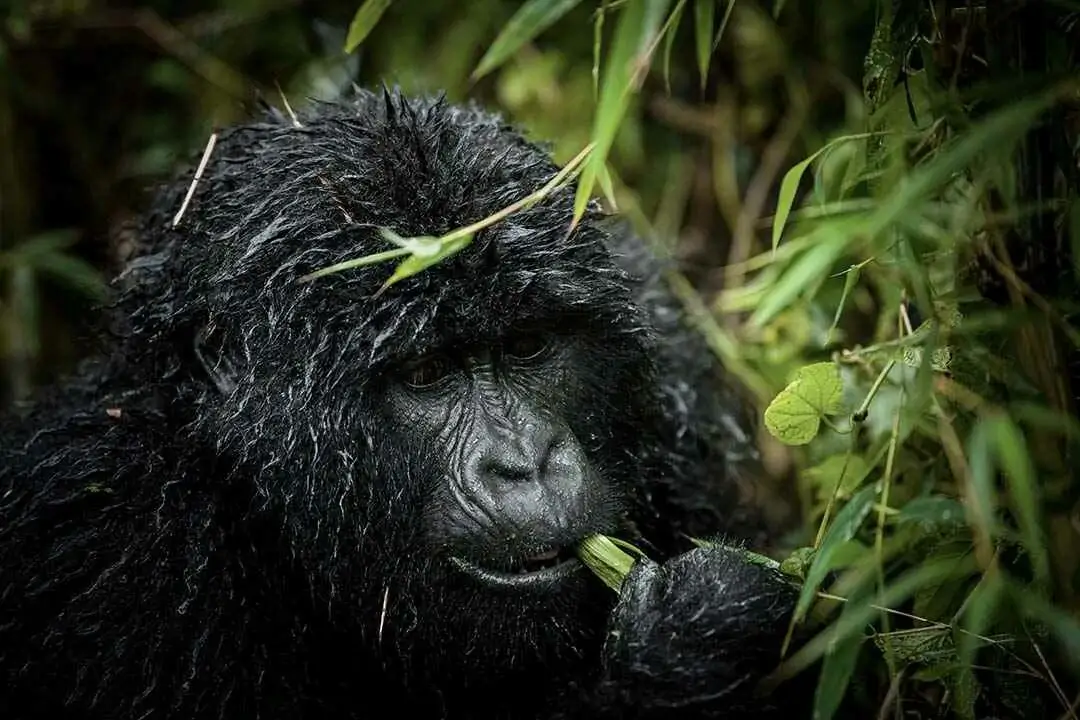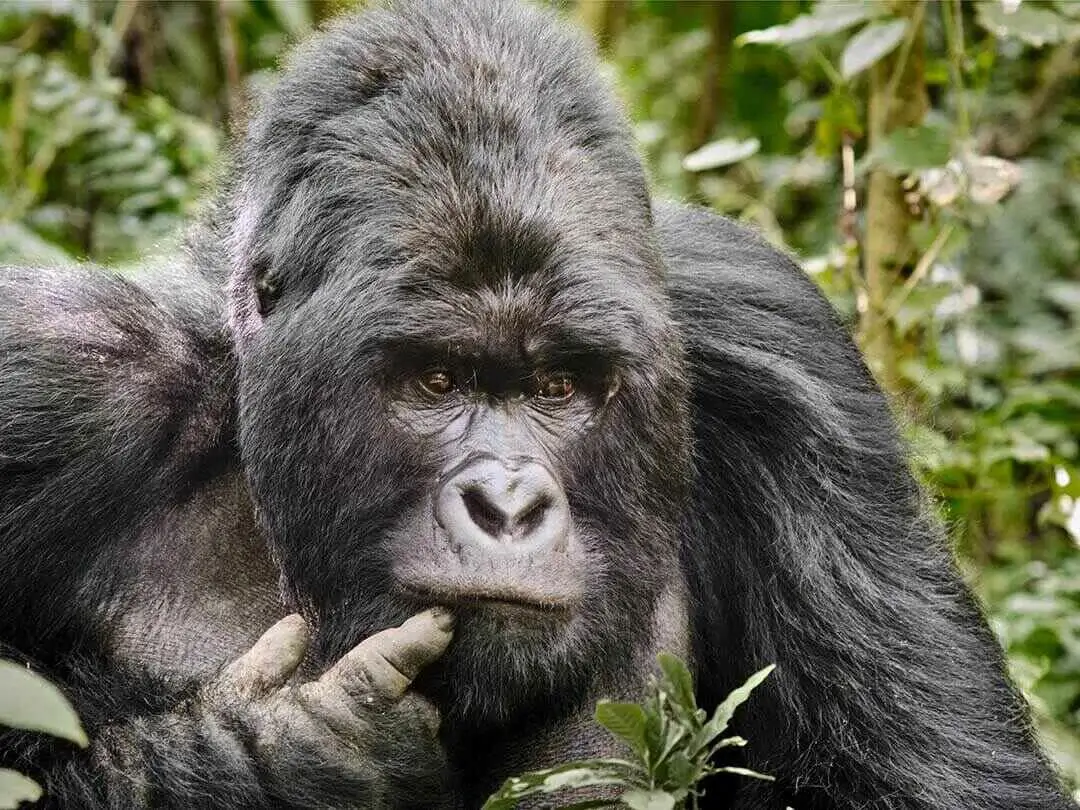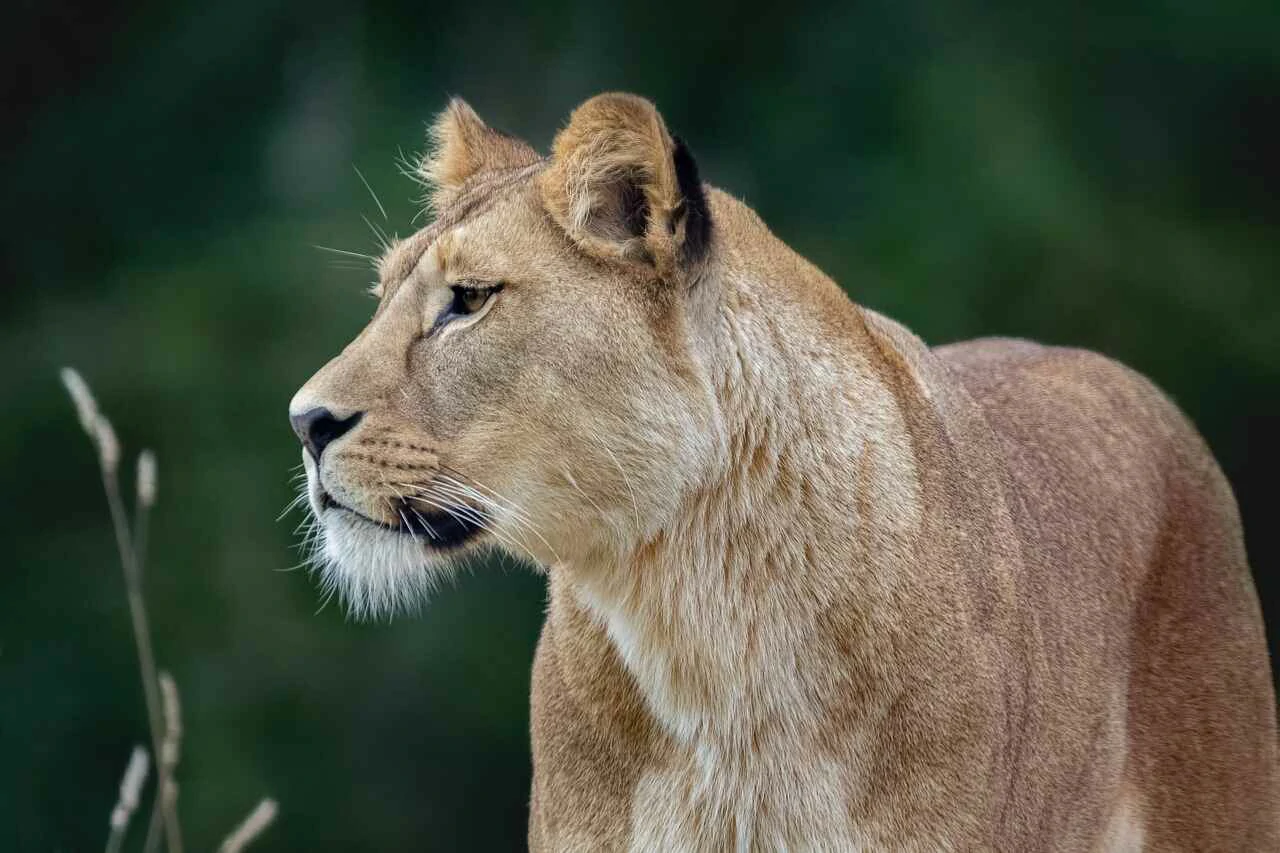Diane Doran of Stony Brook University commenced research on the behavior and socio-ecology of the western lowland gorilla at the Mondika field site in 1995. In the early 2000s, a silverback named Kingo and his family became the first to effectively adapt to the presence of researchers. In 2008-10, a second group lead by a silverback named Buka was recruited, and work is presently underway to habituate a third group. The long-term objective is to develop a world-class ecotourism destination while also providing significant data on the species.
Mondika is one of only four areas in Central Africa where western lowland gorillas have become completely used to human presence. The research site is in the Djeke Triangle, a 10,000-hectare forest area immediately outside the Nouabalé-Ndoki National Park. The land has never been logged and has been designated as a conservation set-aside by the CIB forestry concession firm, which means it will not be susceptible to future wood exploitation. The zone has a very high population of gorillas, but it also has chimps, elephants, and 10 other primate species. This very rich biodiversity is likely to be the driving force behind future tourist initiatives in the region.
